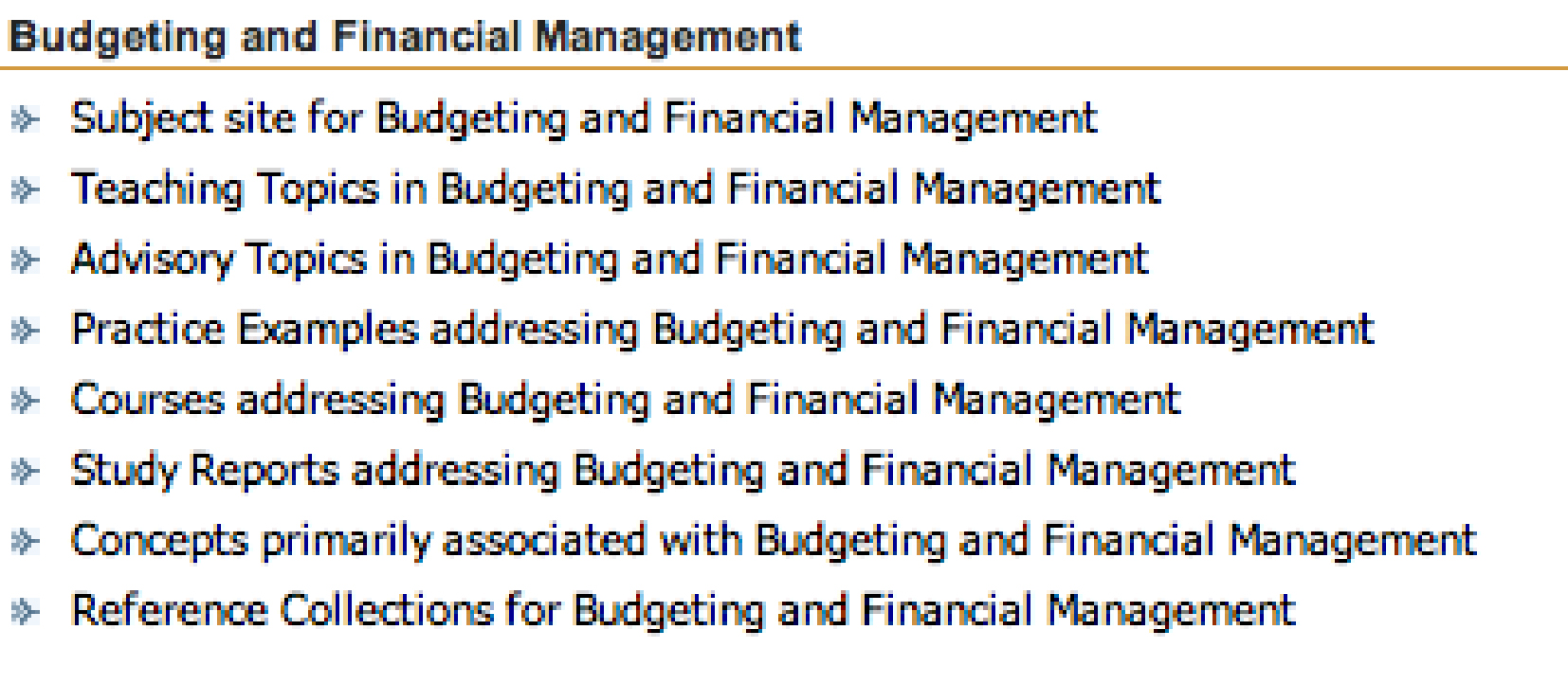There is an unfortunate divide between academics and practitioners in the public management field. Academics often view practitioners as myopic and slavish to narrow and immediate political pressures. Practitioners often see academics as dreamy theorists who have no grasp of management realities. There are lots of exceptions to this of course – practitioners who have joined the academy, and academics who have entered government. The best academic work in the field is read by practitioners, and of course the foundation of the field itself is the study of practice. But if we’re honest, we have to admit that there is a divide, and maybe that is inevitable, but we should do what we can (this magazine and the cooperation between IPAC, the Canada School, and universities is an example) to ensure that relations are cordial and fruitful.
My current research project (my co-investigator is Ian D. Clark at the University of Toronto) is entitled Best Practices in Public Management: History, Theory and Application (detailed information can be found here), and I think it has the potential to make a major contribution to bridging the divide. The fact that Ian and I are working together on the project is itself an example of this – he spent most of his career as a practitioner in the federal public service (eventually as Secretary of the Treasury Board), and I have spent most of my career as an academic.
I think the partnership has produced an interesting and useful project that has evolved as we have developed it over the past year. The project has three broad segments. The first is to develop a database of best practice advice for public management offered by international agencies such as the OECD, the World Bank, and the UN. The second is to analyze the curricular content of about 70 international MPA/MPP programs. The third is to examine public sector reform efforts based on best practice advice.
The results of our work to date can be found at the website, which we call the Atlas of Public Management: An Online Database of Theory, Advice and Practice. We had to figure out an architecture for the site, and came up with the following. At the top level are four domains: 1) Tools and Skills for Public Management; 2) Institutions, Processes and Contexts of Governance; 3) Management Functions and Governance Instruments; and 4) Policy Sector Applications of Public Management.
Below each of these domains are public management “subjects.” For example, one subject under the second domain is Ethics and Accountability; and under the third domain, one subject is Budgeting and Financial Management. The third level is “topics” under each subject: there are “teaching topics” that are derived from syllabi of Master’s courses in public policy and public administration, and what we call “advisory topics.” An advisory topic contains the actual advice from international agencies. Each advisory topic entry is organized as follows: a Title which gives the topic of the advice; the Summary Advice; the Main Points that indicate the detailed content of that advice, often verbatim from given documents and sources; a Commentary by the research team; the Source from which the advice was taken; and the team member(s) who created the entry. Each subject also has a list (with definitions) of key concepts associated with it, as well as references to relevant literature.
In addition, we have tried to make the database flexible so that different dimensions can be seen separately. We call these “Maps,” and so have a ConceptMap, CourseMap, etc. The best way to see the overall content of the site is to go to ContentMap. Below is an example of the subject “Budgeting and Financial Management”:

How is this useful to public managers and to academics? First, a typical published Atlas or Handbook or Encyclopedia usually contains articles, and that’s it. Our Atlas shows the raw material itself, in detail and in an organized and accessible fashion, and with a scope that we believe is unique. Second, we have combined the two sides of the divide: courses and concepts and teaching topics, as well as advice from international agencies on practical management issues, practice examples and study reports.
For the public manager, this is a one-stop shop of most of what is relevant in the field in terms of research, teaching and practice. Of course, our ambition is to go beyond a simple compendium, and provide analysis. Ian and I have written two papers to date, with a third planned for early fall. These are available on the website.
The Atlas is still evolving, but our hope is that it will be a useful tool for both academics and practitioners. Any advice, comments, or contributions are most welcome.

Leslie Pal is Chancellor’s Professor for the School of Public Policy and Administration at Carleton University. He can be reached by e-mail at leslie.pal@carleton.ca.


Comments are closed.